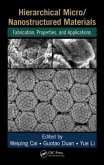
Gebundenes Buch
Fabrication, Properties, and Applications
1. Juli 2014
CRC Press
| eBook, ePUB | 80,95 € |
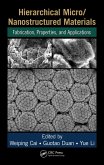
eBook, ePUB
1. Juli 2014
Taylor & Francis eBooks
eBook, PDF
1. Juli 2014
Taylor & Francis eBooks
Ähnliche Artikel
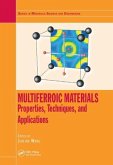
Gebundenes Buch
Properties, Techniques, and Applications
7. September 2016
CRC Press

Gebundenes Buch
A Hydraulic, Thermal, and Mechanical Process
29. November 2004
CRC Press
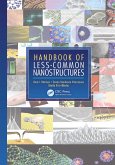
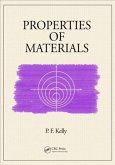
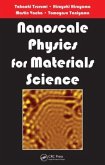
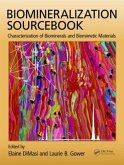
Gebundenes Buch
Characterization of Biominerals and Biomimetic Materials
25. Februar 2014
CRC Press
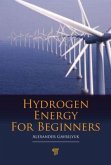
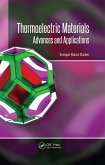
Gebundenes Buch
Advances and Applications
19. Mai 2015
Taylor & Francis Ltd (Sales)
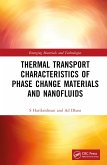
Gebundenes Buch
5. Dezember 2022
CRC Press
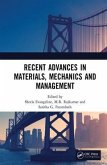
Gebundenes Buch
Proceedings of the 3rd International Conference on Materials, Mechanics and Management (IMMM 2017), July 13-15, 2017, Trivandrum, Kerala, India
13. Juni 2019
CRC Press
Ähnlichkeitssuche: Fact®Finder von OMIKRON
